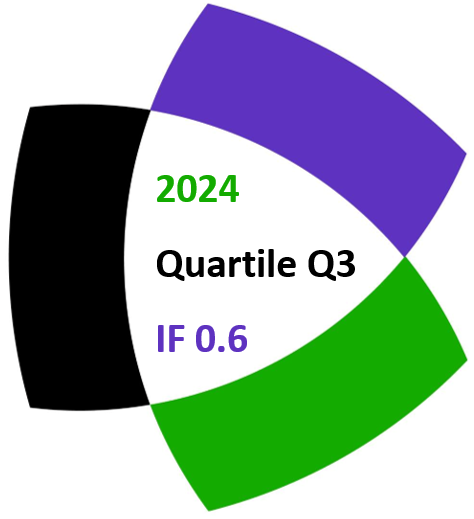NNTDM is pleased to announce that as of February 2022 the journal submission procedure is reopened, and we welcome authors willing to submit their quality research works in the field of number theory and discrete mathematics.
Determined to keep the high quality of our peer review and production process, in July 2021, we took the difficult decision to temporarily suspend new submissions until we are able to process the large backlog of manuscripts received in 2020 and early 2021, delayed to various health- and work-related complications owing to COVID-19, that have prevented many of our volunteer reviewers accept our review invitations or deliver in a timely manner their reviews. We hope that the situation nowadays is much better in this regard and we can ensure the high quality of our peer review and publication process for the benefit of both our readers and authors, whom we are sincerely thanking for their patience and understanding.
In addition, as of NNTDM Volume 28 (2022), Number 1, we adopt the Online First publication practice, meaning that accepted papers will be published in their electronic version in advance of the print edition. This means that both authors and readers can benefit from the earlier publication and papers will be searchable on the journal homepage, citable using their unique DOIs and indexed in the databases. In this regard, we have updated our journal templates in TEX and DOCX to include now the “Online First” date field.
We further announce the following additional instructions to authors.
- We set a limitation of 25 pages per paper, with exceptions to this rule being possible subject to specific conditions and arrangements.
- We encourage authors to exercise caution when citing preprints, webpages and any other materials that have not passed a complete peer review or are publicly unavailable. Such references are particularly problematic when they contain essential statements, proofs or parts of proofs that are missing from the submission per se and are thus unavailable for scrutiny.
- We discourage artificially segmented articles in which related aspects of the same study are published separately (a practice termed “salami slicing”). Hence we set a limitation of up to two simultaneous open submissions of the same authors or author teams, on the same or related topic. Authors whose previous submissions are pending editorial decision on the same or related topic are not expected to make new submissions before having their preceding submissions resolved.


